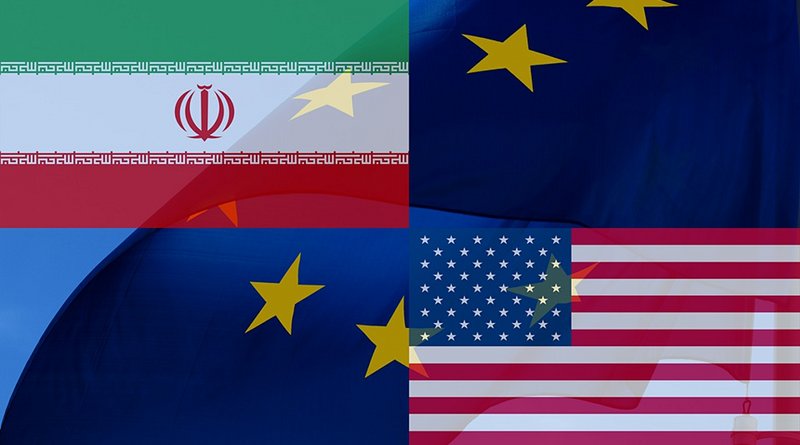Iran, Russia Negotiators Play Down Chances For Quick Nuclear Deal
By RFE RL
(RFE/RL) — The Iranian and Russian negotiators meeting in Vienna with global powers played down the hopes for a quick settlement in the talks to revive the 2015 landmark deal that curtailed Tehran’s nuclear programs.
Abbas Araqchi, Tehran’s chief negotiator, said late on June 12 that he did not think they could conclude this week, ahead of the country’s June 18 presidential election.
“Personally, I don’t think that we can manage to reach a conclusion this week in Vienna,” Araqchi was quoted by state media as saying.
Mikhail Ulyanov, Russia’s representative, told reporters that “we need a couple more weeks to clean up the existing text and to remove square brackets around secondary topics. We need to concentrate on how the deal will be implemented.”
“But I remain optimistic. Despite the remaining differences, the trend is positive,” the Russian added. Moscow is one of Iran’s main allies.
Iran is voting on June 18 to replace President Hassan Rohani, who promoted the 2015 deal and whose successor is widely expected to be a hard-liner. Rohani is ineligible to run after serving two four-year terms.
Representatives from Britain, China, France, Germany, Russia, and Iran are meeting in the Austrian capital in an effort to bring Washington back to the deal and Tehran back into compliance with its terms.
The future of the 2015 accord has been in danger since US. President Donald Trump took the United States out of the deal in 2018 and began reimposing damaging financial sanctions against Iran.
In response, Tehran steadily has exceeded limits on its nuclear program spelled out in the deal.
Since taking office on January 20, U.S. President Joe Biden has indicated a willingness to rejoin the deal on the condition that Iran respects its commitments to the original terms.
U.S. negotiators are indirectly taking part in the Vienna talks — brokered by European diplomats — although the Americans are not meeting directly with Iranian counterparts.
So far there have been five rounds, with negotiators saying early this month that the talks are heading into their most delicate phase.
German Foreign Minister Heiko Maas urged parties to be flexible.
“It is about flexibility and pragmatism from all participating parties,” he told Reuters. “Playing for time is in no one’s interest.”
U.S. Secretary of State Antony Blinken sounded pessimistic recently when he told lawmakers that it remains “unclear whether Iran is willing and prepared to do what it needs to do come back into compliance.”
Politico reported early on June 13 that negotiators have produced some 20 pages of text with options on how to resolve remaining issues.
The report said U.S. and European powers are pushing to include a mention of follow-on talks that would address Iran’s ballistic missile program and its broader regional behavior.
For its part, Iran wants guarantees the United States won’t again exit the deal, as Trump did in 2018.

